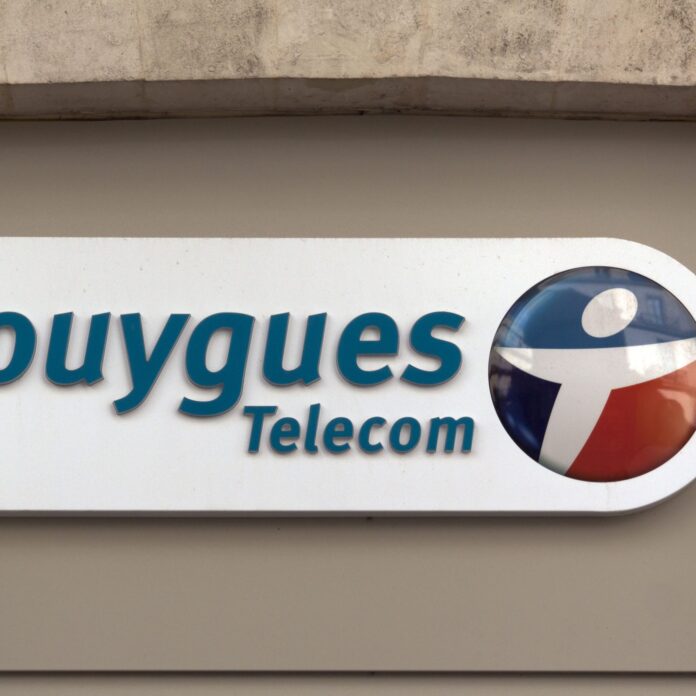Premium car maker Volvo is swinging into high gear with the launch of the UK’s largest autonomous driving trial to date, following similar moves in Sweden and China
Volvo Cars is to launch a large autonomous driving (AD) trial in the UK next year, going under the name ”Drive Me London”, with the goal to speed up the introduction of AD technology. “Autonomous driving represents a leap forward in car safety,” said Håkan Samuelsson, president and chief executive of Volvo Cars. “The sooner AD cars are on the roads, the sooner lives will start being saved,” he said.
The ”Drive Me London” trial will begin early 2017 with a limited number of semi-autonomous driving cars to expand in 2018 and include up to 100 AD cars. What sets this trial apart from others is that it will be using real families driving AD cars on public roads, something that Volvo is also planning to do in China and Sweden. The goal of Volvo’s program is to use trial data to develop AD cars that are suitable for real world driving conditions, as opposed to test tracks conditions.
Governmental help needed
AD holds many promises, among which increased safety, reduced road congestion and pollution as well as time savings. By 2035, autonomous and connected cars could contribute to an 80 percent reduction in car crashes in the US, according to the National Highway Traffic Safety Association (NHTSA). Volvo’s vision is that AD will result in no-one being seriously injured or killed in a new Volvo by the year 2020.
Yet, there remains obstacles along the road until AD truly becomes a reality. Indeed, no AD cars will hit the road without the proper regulation being in place. “There are multiple benefits to AD cars,” said Håkan Samuelsson. “That is why governments globally need to put in place the legislation and infrastructure to allow AD cars onto the streets as soon as possible. The car industry cannot do it all by itself. We need governmental help.”
Volvo will begin negotiations with interested cities in China in the coming months. If the experiment go ahead, it will involve up to 100 cars. In Sweden, Volvo Cars is already working with public and private sector partners for the purpose of an AD trial involving 100 families in the city of Gothenburg. The car manufacturer heralds the so-called Triple Helix model as a way forward for the AD industry. ”Sweden’s famed Nordic Model, which brings together the public sector, private sector and academia, provides a template for the rapid introduction of autonomous driving technologies worldwide,” said Håkan Samuelsson earlier on.
This is a model that telecommunications vendor Ericsson too has adopted as it showcases AD electric buses using 5G technology components in Stockholm’s suburb Kista this week as part of Kista Mobility Week, an event organized by Ericsson, public transport operator Nobina and innovation cluster Kista Science City.
To promote AD, Volvo also partnered with Ford, Google, Lyft and Uber which together launched this week the ”Self-Driving Coalition for Safe Streets”. The coalition’s ambition is to “to work with lawmakers, regulators, and the public to realize the safety and societal benefits of self-driving vehicles” in the US.
The initiative shows that no matter how well the technology develops and performs, AD cars will have to stay parked until standards and regulation allow them to drive off. The countries that make that happen the soonest have the power to help their home-grown AD industry secure a decisive competitive advantage.
IIoT news recap
Subaru evaluating IBM Watson for new autonomous driving system
Subaru owner Fuji Heavy Industries (FHI), in partnership with IBM Japan, started to operate this month a system that integrates and manages vast amounts of test image data. FHI’s goal is ”zero car accidents”.
Study: Majority of enterprises duck IOT impact
Connected wearables in the workplace have nearly doubled since 2014, yet 59% of organizations fail to prepare for the impact of IOT, according to a new study by Spiceworks. This is a somewhat staggering finding as 90 percent of IT pros also say IoT poses security and privacy issues.
Ptolemus: Connected mobility services to generate $350 billion in revenues by 2020
Automotive manufacturers may be in for a bumpy ride as the consulting firm forecasts aftermarket service providers will generate 84 percent of mobility market revenues by 2020.
Alphabet’s Sidewalk Labs wants to build smart cities from the ground up
Sidewalk Labs is said to be about to propose to Alphabet that it should design smart city districts.
City of Riverside switches on Ingenu-powered smart electricity distribution
Riverside Public Utilities expect Ingenu’s Machine Network, powered by the operator’s patented RPMA (Random Phase Multiple Access) technology, to bring secure and scalable coverage and reduce the time it takes to isolate and repair outages on the network.
Report: LPWA to make up for 55 percent of IOT connections by 2020
Analyst firm Pyramid Research forecast that Low Powered Wide Area (LPWA) Internet of Things (IoT) connections will grow from 20 million in 2014 to 861 million by 2020. The firm expects volumes to soar from 2018 as standard 3GPP LTE-M and NB-IoT modules become widely available.
Honeywell Process Solutions launches unit to help plants harness industrial IOT
The new unit is to help manufacturers with deploying technologies that will allow them to manage and exploit data across multiple sites in multiple locations.
Samsung announces new IoT cloud platform
Samsung Electronics’s Artik Cloud open data exchange platform promises ”easy-to-use, open APIs and tools to securely collect, store, and act on any data from any connected device or cloud service”. Samsung’s vision is to reduce the obstacles and time-to-market for IoT solutions.

